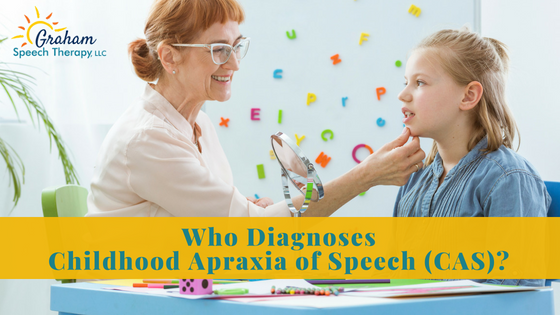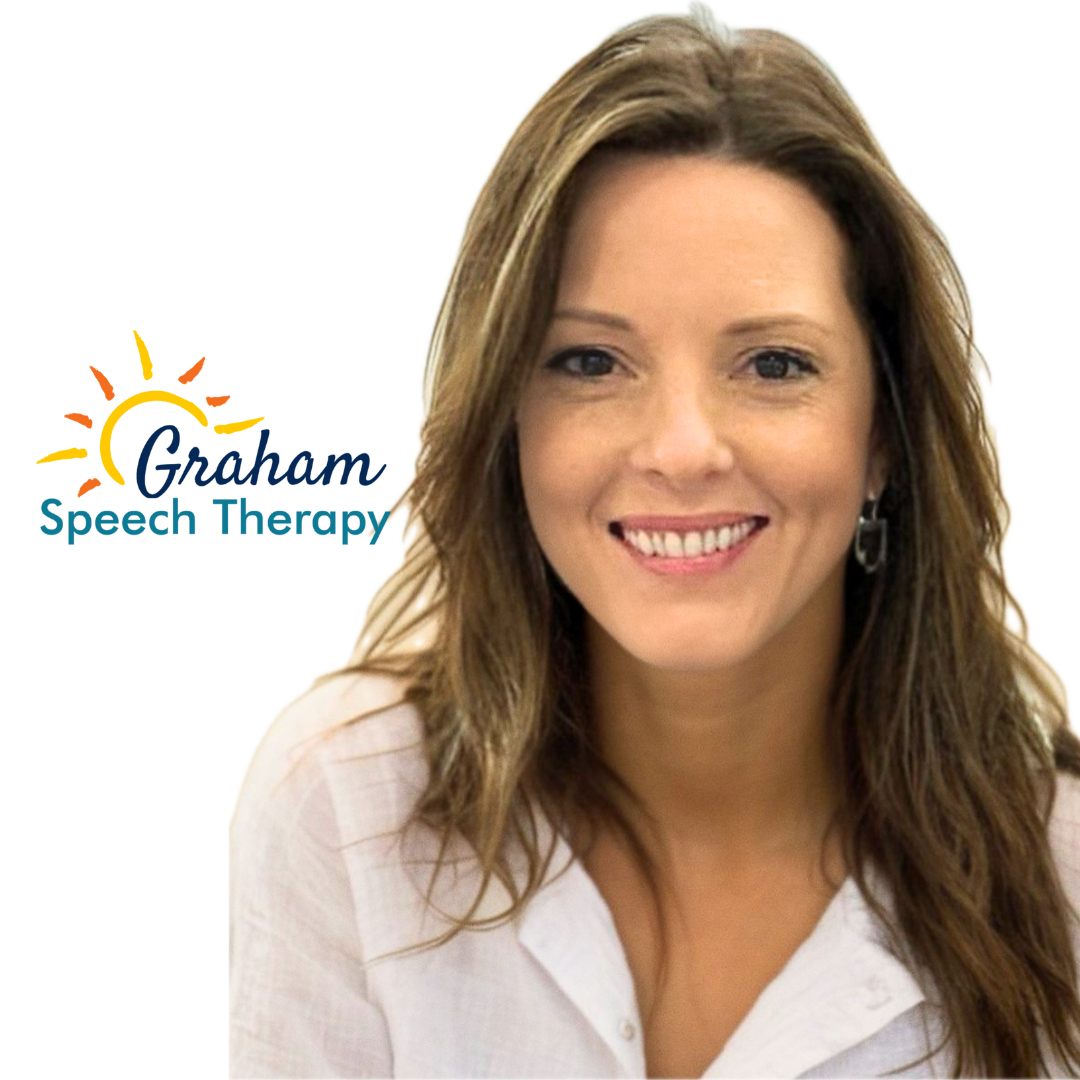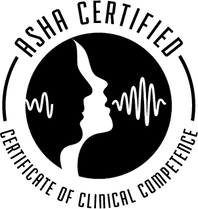|
There is so much confusion among parents and professionals about who is most qualified to give a definitive diagnosis of Childhood Apraxia of Speech (CAS). To understand who should be diagnosing this disorder we have to understand what CAS actually is...
"CAS is a neurological childhood speech sound disorder in which the precision and consistency of movements underlying speech are impaired in the absence of neuromuscular deficits (e.g., abnormal reflexes, abnormal tone)..." Ad Hoc Committee on Apraxia of Speech in Children, American Speech-Language-Hearing Association, 2007 There are 2 important aspects of this definition... one usually leads to confusion about who should diagnose, and the other actually helps to clarify the confusion. 1. "neurological"... That word understandably leads many people think that a medical professional (specifically a neurologist or developmental pediatrician) would be most qualified to give a diagnosis. But, as Cari Ebert, an SLP and nationally recognized speaker on the topic of CAS has explained, it simply means that the issues with the child's speech difficulties begin in the brain, not the mouth. This word also leads people to believe there are usually medical tests (e.g., MRI) that can reveal the cause of CAS. Though CAS can occur with other neurologic impairments (childhood stroke, infection, trauma, etc.) that do yield positive findings on imaging studies (i.e., MRI), this is usually not the case as CAS is very often idiopathic (unknown cause). "Imaging and other studies have not been able to find evidence of brain damage or differences in the brain structure of children with Apraxia of Speech." Apraxia of Speech. National Institute on Deafness and Other Communication Disorders (NIDCD). Accessed 1/4/2016. 2. 'speech sound disorder"... this phrase provides the clarification we need! CAS is at it's core a SPEECH disorder. And who is the most qualified professional to diagnose speech disorders?... speech language pathologists (SLPs)! In fact, the word "pathologist" by definition refers to the SLPs ability to actually diagnose speech and/or language disorders. Although consulting neurologists, developmental pediatricians, psychologists, etc. can be helpful and sometimes necessary, these professionals do not have the education, training or expertise to differentially diagnose CAS from other speech/language disorders or delays. Does this mean that all SLPs are qualified to diagnose CAS? NO and here's why... CAS is a very rare condition. It occurs in 1-2 children per 1,000 (Shriberg et al., 1997) and is found in only between 3-5% of children with speech disorders (Delaney & Kent, 2004). That means that most SLPs won't see very many children with CAS across their entire careers so we can't expect all SLPs to have expertise in diagnosing a disorder they rarely come across. So, is it really all that crucial to find an SLP with expertise in CAS to make sure you have an accurate diagnosis? Yes! A particular diagnosis informs the type of therapy a child receives. It is imperative that the speech therapy approach is matched to the nature of the child’s speech disorder and misdiagnosis can prevent children from receiving the help that they really need to progress. I often hear from parents living in countries outside the U.S. that MDs are the ones that provide the "official" diagnosis or that insurance companies require that the diagnosis come from an MD. But, please remember if an MD gives your child a CAS diagnosis without the input of an SLP who has conducted a thorough motor speech assessment, you may not have an accurate diagnosis. And a thorough motor speech assessment can only be conducted with children who are verbal. So, although we can "suspect" that a non-verbal child may have CAS and treat accordingly, a definitive diagnosis should never be made in this instance. So how do you know if your child has an accurate diagnosis? Here are some questions to ask the professional who diagnosed your child....
Lastly, here are 2 ways to make sure you're getting the best information and services for your child:
(For more information about CAS, click here.)
4 Comments
7/5/2020 02:52:41 am
Thank you for sharing this article with us. You provide us with such great information.
Reply
Leave a Reply. |
|



 RSS Feed
RSS Feed
